What a waste land. A dirty, wet road led past 15-foot-tall piles of car parts, discarded machinery and crushed appliances. I situated the truck bed under a crane that dwarfed the vehicle. And me.
As a menacing claw reached inside and crunched my parents’ old dryer in its grip, I leaned away from the rear window, pressing my body into the steering wheel. I was inches from destruction.
It was probably my sixth trip to the recycling center after harvesting metals from my inheritance, but I’d never before noticed the site’s parallels to our grief journey.
What a waste land death offers us in the wake of loss. Our old life may be in tatters. A winding, difficult, unpleasant path lay ahead as we haul around old stuff, trying to find a place for it. We may carry unresolved issues. Or anger. Or regret. Or literally stuff – the things our parents or siblings or uncles or husbands left behind after they died.
I looked up the definition of recycle – “to extract useful materials from, to reuse, especially to reprocess in order to use again, to recondition and adapt to a new use or function.”
In a way, we are recycling our lives as we walk the grief journey. We are trying to extract what is useful for our lives going forward. We are reprocessing what we’ve got left after loss. We are hoping to adapt to the new conditions death put us in.
That journey may be daunting, especially at first. Our loss claws at us. We feel crushed. We feel dwarfed by the power, unable to control our lives. It’s scary.
I’ve visited the recycling center voluntarily over and over again – environmentally conscious, I want to give new life to old stuff. I rummaged through the things in my parents’ sheds and property. I found things I didn’t need and things that didn’t work made of iron, aluminum, tin. In the recycling yard, I see raw materials, not the new products that the metals will be used to make.
During the initial phases of loss, we cannot know what we’re becoming. We only see the raw stuff. The lump of emotions. The debris field.
I keep making appointments with my grief over and over again. I keep down that difficult road because I’m committed to the process. I want to extract perspective from what I carry around and create a new life that is useful to my future, and that is useful to others.
I want what my parents left behind (me) to honor them. And to honor God.
What positive adaptions have you adopted since losing a loved one? And what belongings of theirs are you finding useful in your life?
Copyright © 2018 by Toni Lepeska. All rights reserved. www.tonilepeska.com
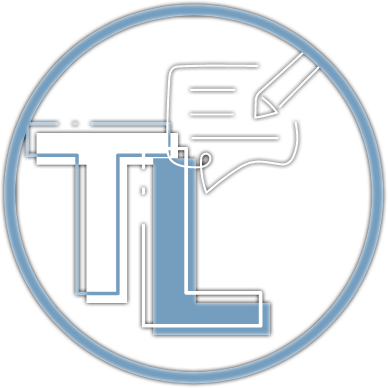
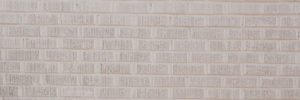
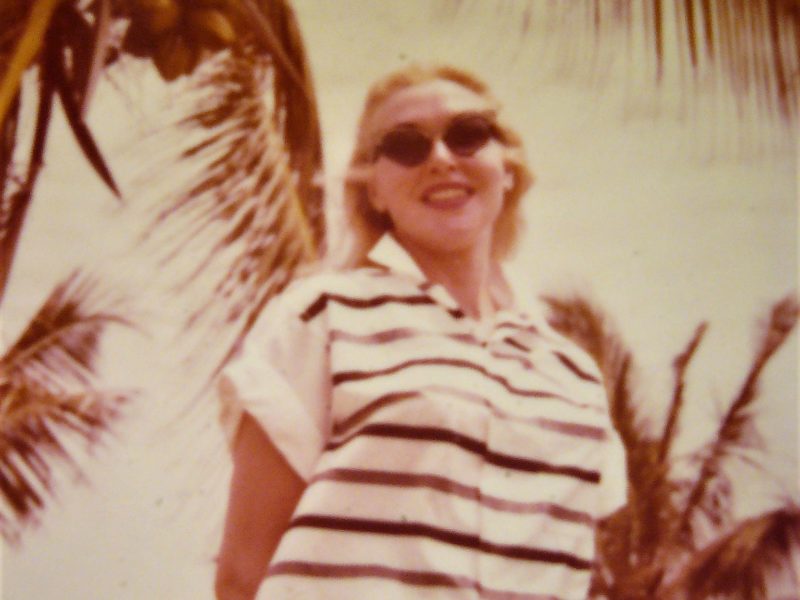
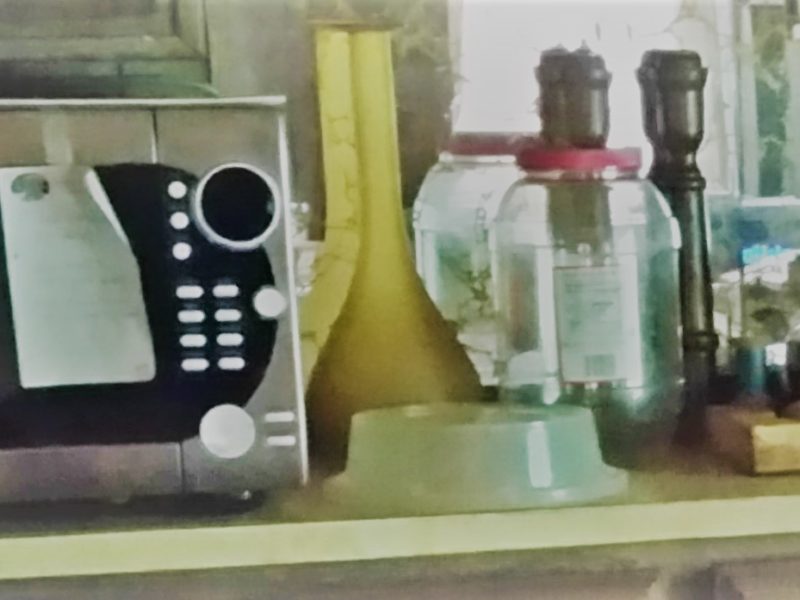
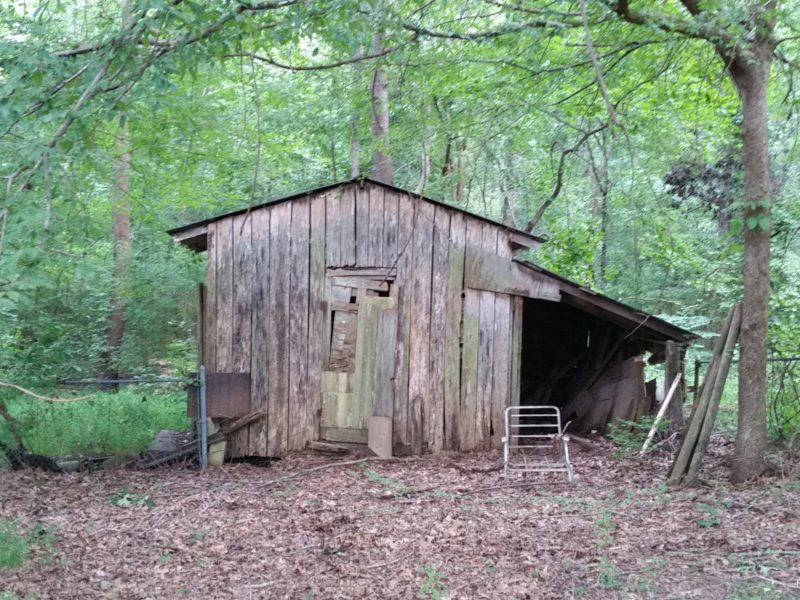
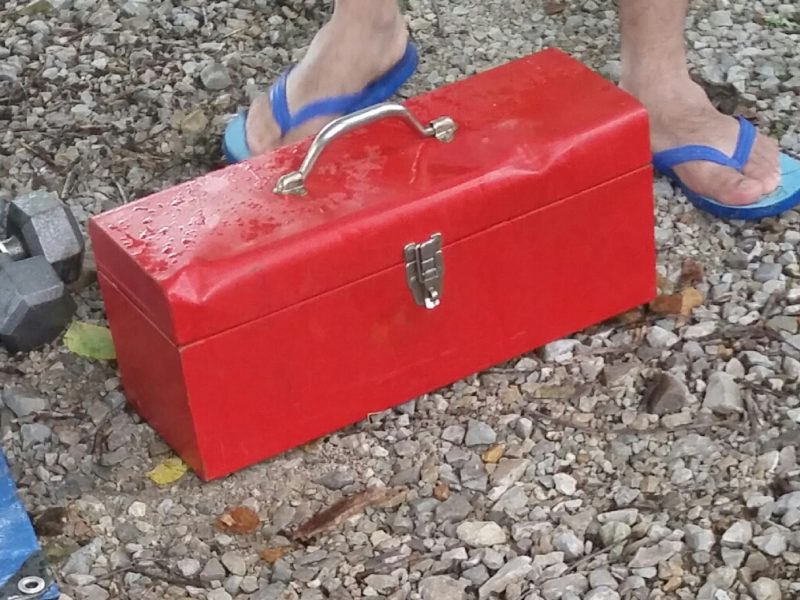
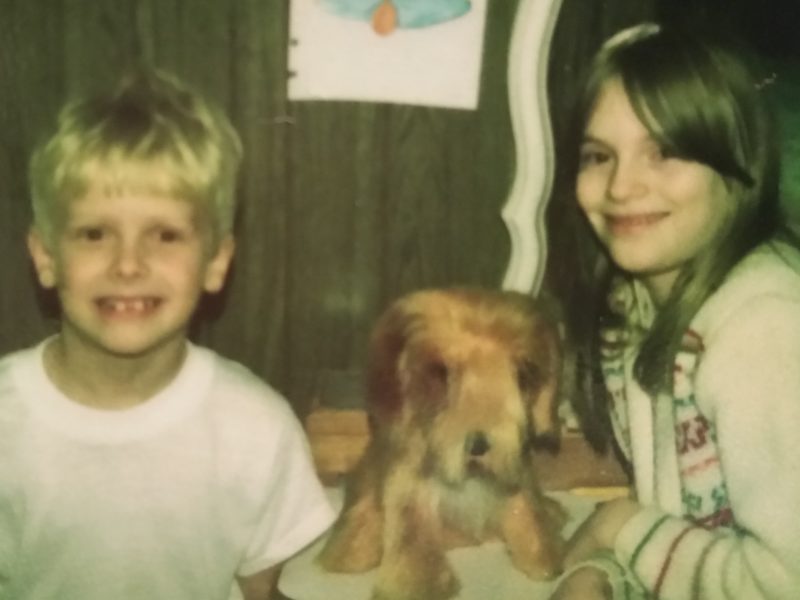
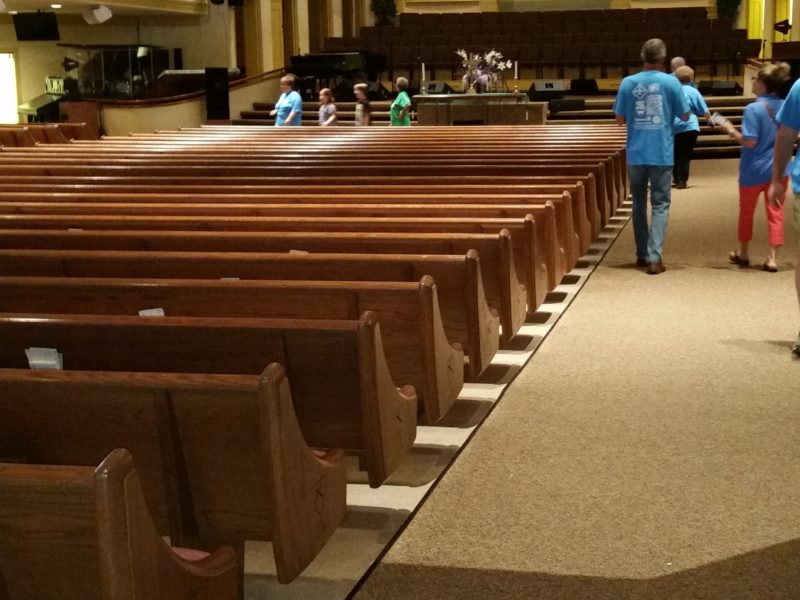
Hi Toni…I like the sentence and thought: “I want to extract perspective from what I carry around and create a new life that is useful to my future, and that is useful to others.” Something we all should ponder and do.
Thanks, Sheryl. Good point.